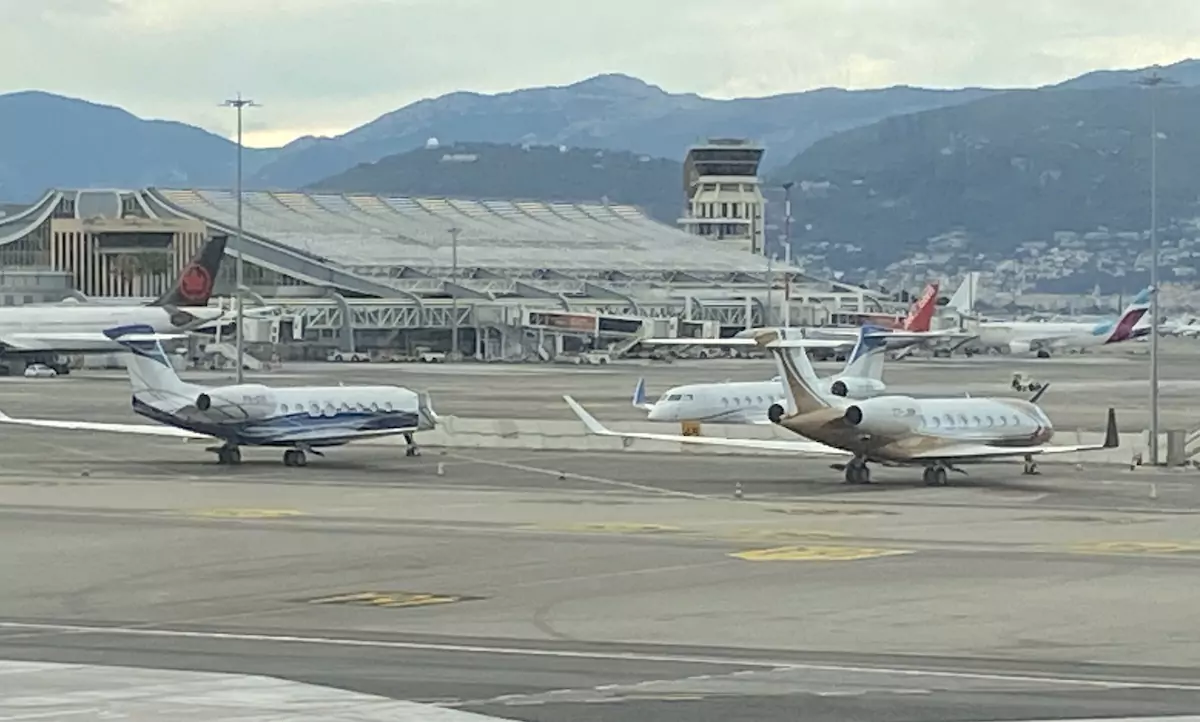An air traffic controllers’ strike set to take place 19th to 21st November may be thwarted by last-minute legislation that states air staff now need to give advanced warning to minimise disruptions.
Industrial action by French air traffic controllers is expected to cause travel chaos at several French airports, according to the Directorate General of Civil Aviation. The proposed strike is set to run from 6pm on the 19th of November until 6am on the 21st, but there are question marks as to whether it will actually take place.
An under-the-radar bill passed on 15th November by the National Assembly may stop these kinds of actions in their tracks, now and in future, by establishing an obligation for striking air traffic controllers to declare themselves individually at least 48 hours before the start of any movement.
“The prior declaration will make it possible to organise the minimum service and thus avoid cancellations of flights without reason and at the last minute,” explains Senator Vincent Capo-Canellas.” The reduction in traffic will be proportionate to the number of strikers, which guarantees social dialogue based on the mobilisation, or not, of employees.”
The letter of the new law makes it possible to put to rest “an asymmetrical system” and replace it with “protective and balanced” acts that don’t undermine public services.
In response, some unions, including the CGT and Force Ouvrière, filed strike notices after learning of the vote.
APPROVAL FROM MAJOR AIR TRAFFIC CONTROLLER UNION
The bill passed overwhelmingly by 85 votes to 30. The left opposed the bill saying it threatened the right to strike, but even some unions see the sense in such a law.
A press release published on 14th November by the Syndicat National des Contrôleurs du Trafic Aérien (SNCTA), the biggest air traffic controller’s union in the country, declared itself in favour of the bill, saying that they opposed the “instrumentalisation of the right to strike and its unreasonable use” in certain instances.
The text calls for “adapted minimum service”, meaning it must fulfil obligations to maintain a certain standard of service to minimise disruption whilst still be allowed to protest in “proportionate measures.”
The government says they are willing to review the terms of the minimum service system, which has applied to air traffic controllers since 1985.
IF IT HAPPENS
If the strike happens, the affected airports will be Paris Orly and Toulouse Blagnac, which will see a 25% reduction in flights, and Bordeaux Merignac and Marseille Provence, which will see flights cut by one-fifth.
Cancellations and delays, as well as diversions to other airports are possible, and could extend beyond the strike’s end.
As per usual, it is recommended that passengers contact their airline for more information before setting out.
Join the Monaco Life community – the largest English media in the Principality. Sign up for the Monaco Life newsletter, and follow us on Facebook, Instagram and LinkedIn.
Photo by Monaco Life
